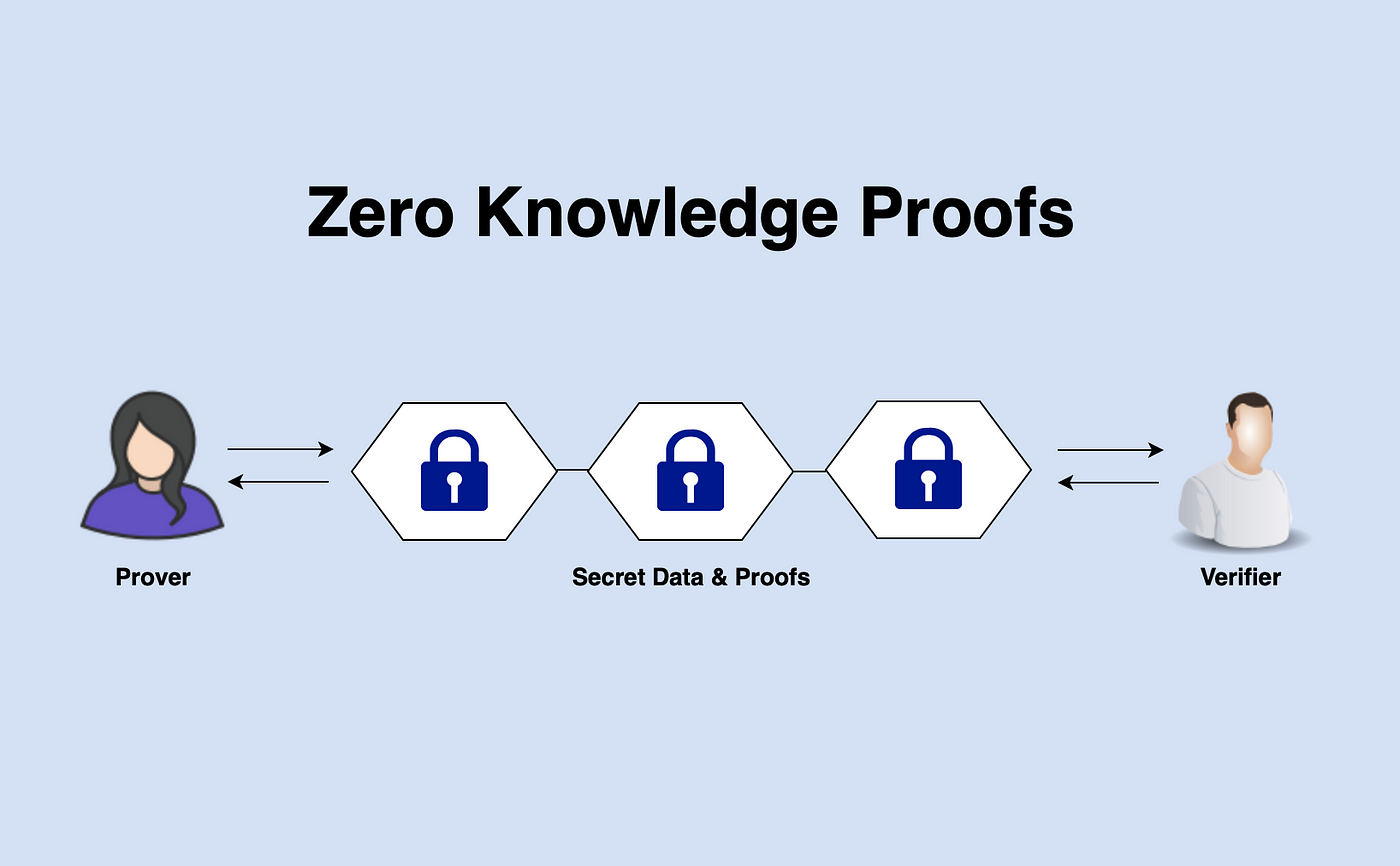Zero-knowledge proofs (ZKPs) are a cryptographic method used to validate the authenticity of information without revealing any information about it. The concept was first introduced in the 1980s by Goldwasser, Micali, and Rackoff, and since then, it has become an essential tool in the field of cryptography.
ZKPs can be leveraged to protect data privacy in various applications. One of the most significant advantages of ZKPs is that they allow parties to prove the validity of a statement without revealing any additional information. For example, suppose Alice wants to prove to Bob that she knows the password to a secure system without revealing the password itself. In that case, ZKPs can be used to achieve this goal. Alice can use a ZKP to demonstrate that she knows the password without actually revealing it to Bob. This can be useful in situations where Alice may not trust Bob with her password, or Bob may not want to know the password.
Another application of ZKPs is in digital currencies such as Bitcoin. Bitcoin relies on a decentralized ledger system, which means that all transactions are recorded on a public ledger. However, for privacy reasons, users may not want to reveal their identity or the specific details of their transactions. ZKPs can be used to prove that a transaction is valid without revealing any additional information about the transaction or the identity of the parties involved.

ZKPs can also be used in voting systems. In a traditional voting system, voters need to reveal their identity and the candidate they voted for, which can compromise their privacy. However, ZKPs can be used to prove that a vote is valid without revealing the identity of the voter or the candidate they voted for.
One of the main advantages of ZKPs is that they provide a high level of security while preserving privacy. By using ZKPs, users can prove the validity of a statement without revealing any additional information, which can be crucial in situations where privacy is paramount. Additionally, ZKPs can be used in various applications, including digital currencies, voting systems, and secure authentication.
However, there are also some disadvantages to ZKPs. One of the most significant drawbacks is that they can be computationally intensive, which can make them impractical in some situations. Additionally, ZKPs require a high level of technical expertise to implement, which can be a barrier to entry for some users.
In conclusion, ZKPs are a powerful tool that can be used to protect data privacy in various applications. While there are some drawbacks to ZKPs, the benefits they provide in terms of privacy and security make them an essential tool in the field of cryptography. As technology continues to evolve, it is likely that we will see ZKPs used in even more applications in the future.
For more content like this, please check out our youtube channels down below:
https://www.youtube.com/@MoonboyCapitalVentures2020
https://www.youtube.com/@VandrossIdiake01
Also check out our FREE basic course